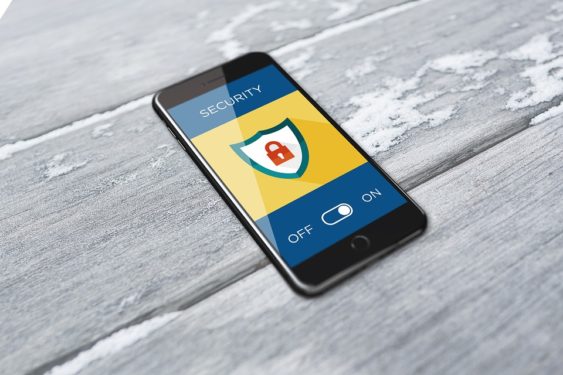
In a developing phishing scam, some parishioners in the diocese are reportedly receiving text messages from a scammer posing as a local pastor.
A May 7 email to church pastors and administrators from Auxiliary Bishop Raymond Chapetto, vicar general of the Diocese of Brooklyn, details the scam, which personalizes texts to recipients asking then for financial help.
According to Bishop Chapetto, the scammer is getting parishioners’ cell phone numbers from parish bulletins.
An initial message includes the recipients’ first names, asking them for “a favor,” and to text back “as soon as possible.”
When a reply was received, the second text from the “pastor”/scammer was sent, thanking them for the quick response, and in several different cases, asking them to purchase gift cards or donate money to a certain cause.
One text to a parishioner read: “Thanks for your response, hope you’re good. I need to get Steam Wallet gift cards for some patients battling cancer in the hospital but I currently can’t do that. Can you please get that for me from any store around you? I will reimburse you.”
The “pastor”/scammer further instructed this particular recipient to get three Steam Wallet gift cards valued at $100 each, amd then asked for the pin number on the back and a snapshot of the gift cards – asking them to contribute to the church through buying and sending gift cards.
“Keep the physical cards after sending the cards’ picture to me,” the text message read.
All text correspondences were signed with the sender/pastor’s full name, including his middle initial. No specific parishes or names in the Diocese of Brooklyn were mentioned in the Bishop Chapetto’s email.
The phishing scam targeting church-goers has been going around, according to Consumer Affairs. Parishioners have gotten both texts and emailed correspondences from their “church leaders,” asking for ontributions through gift cards.
“Phishing” scams happen when victims are tricked into revealing personal information, including financial information, through seemingly legitimate text messages or email. SMS or “text-phishing” is especially common among telecommunications companies, including AT&T.
Both the Federal Trade Commission and various Catholic dioceses have sent out warnings against such scams, sometimes called “smishing (SMS-phishing).”
“Scammers are good at convincing people there really is an emergency, so lots of people have made the trip to the Walmart or Target or CVS to buy gift cards to send these callers. And scammers love gift cards – it’s one of their favorite ways to get your money. These cards are like giving cash – and nearly untraceable,” Jennifer Leach, assistant director in the FTC’s Division of Consumer and Business Education, wrote in a blog post.
A similar large-scale scam recently happened in the Diocese of Jackson, Miss., where both local parishes and parishioners, even Bishop Joseph R. Kopacz himself, have been the target of online phishing in the past few months. Scammers have used tactics from gift cards to job applications for the diocese.
The best ways to protect yourself against fraud is to first distinguish between legitimate messages and phishing bait. Always double-check the sender, never give out personal information, act quickly and report.
The FTC has an online complaint page where victim’s cases can be heard.
Bishop Chapetto also warns churches to warn their parshioners of the scam, and to be cautious about printing personal information, particularly cell phone numbers, in parish bulletins.

This makes no sense…..why would any parishoner have their cell phone number listed in a parish bulletin? Wacky really